
https://www.youtube.com/watch?v=tPom4UOW1vU
Getting Vitamin D from the Sun WITHOUT the Skin Cancer
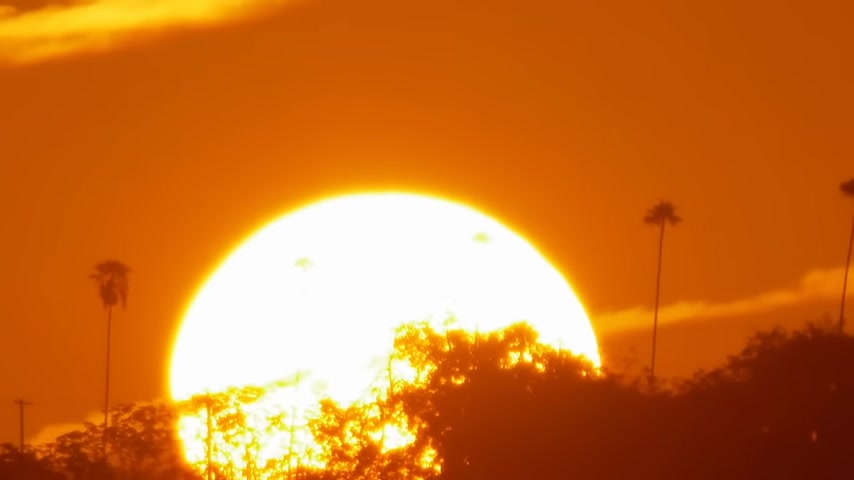
So how do you get your vitamin d from the sun without getting skin cancer ?
Okay .
I mean , I'm getting a lot of feedback from some of these videos , and a lot of people are just afraid of the sun because it causes cancer and wrinkles and photoaging , and it's terrible for your health , so you should stay out of the sun .
Yet on the flip side , they want the vitamin d , yet they don't wanna take vitamin d supplements .
Now you have to realize that we have evolved with exposure to the sun for a very , very long time .
Our bodies have adapted to it .
Our bodies have even created natural filters to prevent this radiation from the sun , specifically UV radiation , and then skin protection is a pigment .
It's called melanin .
And so melanin actually blocks the UV radiation damage from your skin .
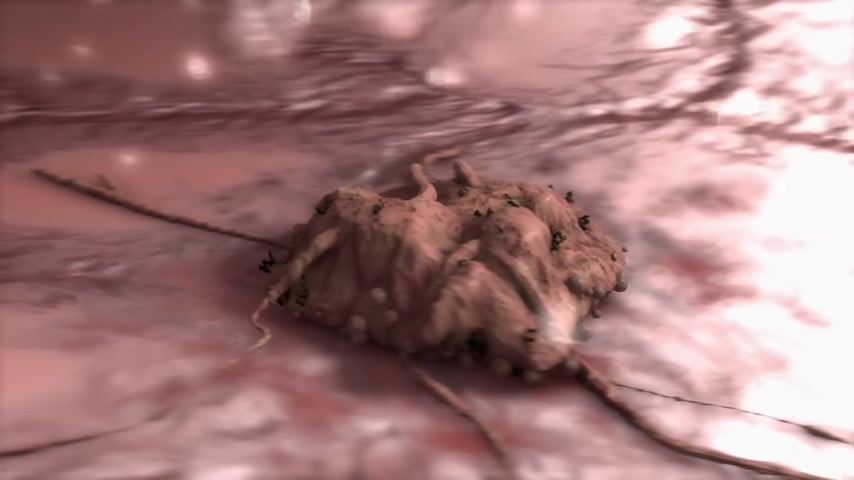
So depending on the color of your skin , whether you have darker skin , where you have more melanin or less melanin , you're gonna have lighter skin , it will then relate to how much filtering of this UV you have , or how much ultraviolet radiation will pass through your skin and create problems .
Now it is true that when you expose your skin to sun and you burn your skin , okay , that can increase your risk of getting skin cancer .
If you're chronically exposed to ultraviolet radiation , it can diminish your vitamin a levels , It can alter your DNA .
It can create a lot of , free radical damage .
But what's interesting is if you get sun without sunburn , you can decrease your risk of getting cancer .
So normally what happens is you have this ultraviolet radiation , it's UVB , okay , specifically , and it actually hits your skin .
And then when it hits your skin , it interacts with cholesterol .
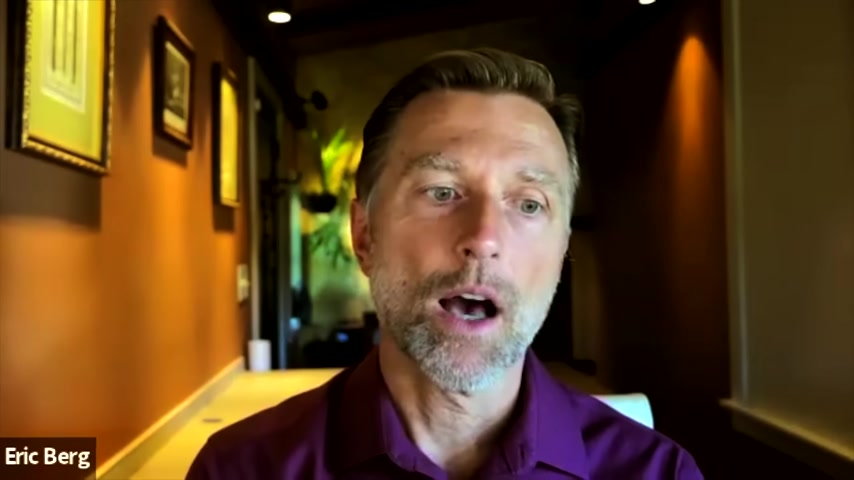
Another thing that people associate being really bad because it causes heart attacks and clogging of your arteries and strokes , etcetera .
Without that cholesterol , you cannot make vitamin D .
You cannot make cell membranes .
A good portion of the brain is cholesterol .
All of your sex hormones , okay , like testosterone , estrogen , progesterone , and even cortisol are made from cholesterol , and without that , you can't make those hormones .
Think about how many side effects you could have from that .
Without cholesterol , you can't make bile that helps you extract the fat soluble vitamins with digestion .
And without cholesterol , you can't make the cellular membranes and you definitely can't make vitamin D , so we need enough cholesterol .
This is why , like for example , statin drugs or being on a low fat diet can inhibit your production of vitamin d .

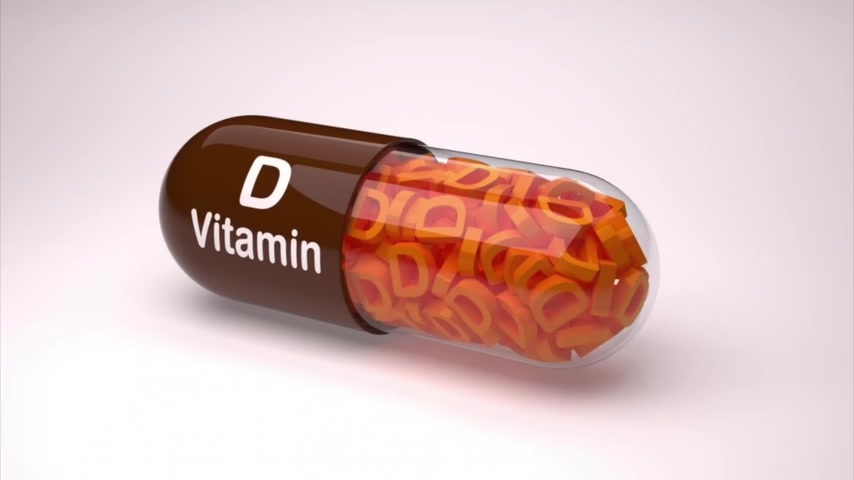
That UV hits your skin , converts the cholesterol into vitamin d , which then becomes activated through your kidney and your liver .
And then when you have the active form of vitamin d , it can produce all the wonderful effects .
But of course , some people freak out if you even mention taking vitamin D over 2,000 IUs .
I mean , that's probably because the RDAs are roughly like 600 IUs , which are completely a joke because those RDAs or vitamin D requirements were created long ago when we didn't have all the new information about what vitamin D does to our immune system .
It's basically the bare bones amount of vitamin d you would need to prevent osteoporosis , but they didn't take in consideration , for example , obesity , metabolic syndrome , your age , etcetera , etcetera .
And just as a side note , vitamin d toxicity is extremely rare .
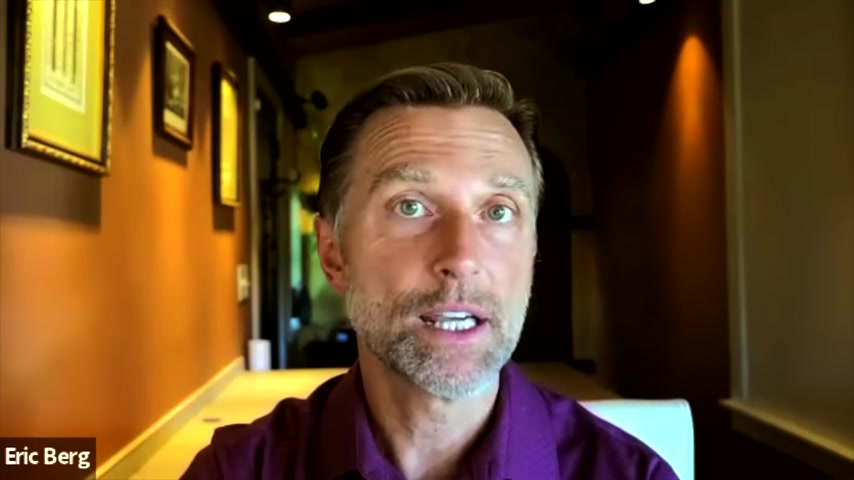
You would have to take 100 of 1,000 of international units of vitamin d over months to create a vitamin D toxicity , and the real big side effect is kidney stones .
But if you drink 2 and a half liters of fluid a day , that's gonna protect you against kidney stones .
19,000 different genes in your body require vitamin d .
Vitamin d is necessary for your immune system to prevent autoimmune disease , depression , viral infections , especially the cytokine storm .
Every part of the immune system has receptors for vitamin d , and it just so happens that 69% of the population doesn't have enough vitamin d .
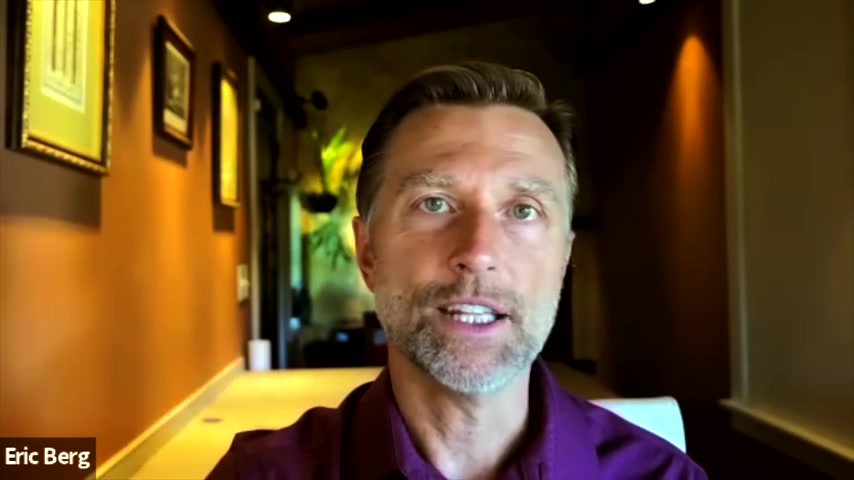
Now if you're somewhat of a healthy person and you're young , okay , and you don't have metabolic syndrome , you're not overweight , Let's say you're in your bathing suit and you expose your skin to about 30 minutes of sun , okay , peak sun , and you don't live in the northern area .
You live kind of in the South .
If you're white , you'll get about 50,000 IUs of vitamin D .
If you're tanned , you'll get about 20,000 IUs and if you have darker skin , you'll get about 8,000 IUs .
But there are so many other variables that can inhibit your , vitamin d absorption .
Okay ?
The time of the year , where you live as far as the latitude of where the sun is in relationship to the equator .
But getting back to the purpose of this video , how do you protect against the sun without the negatives of the sun ?
Okay ?
So here are some things that you can do .

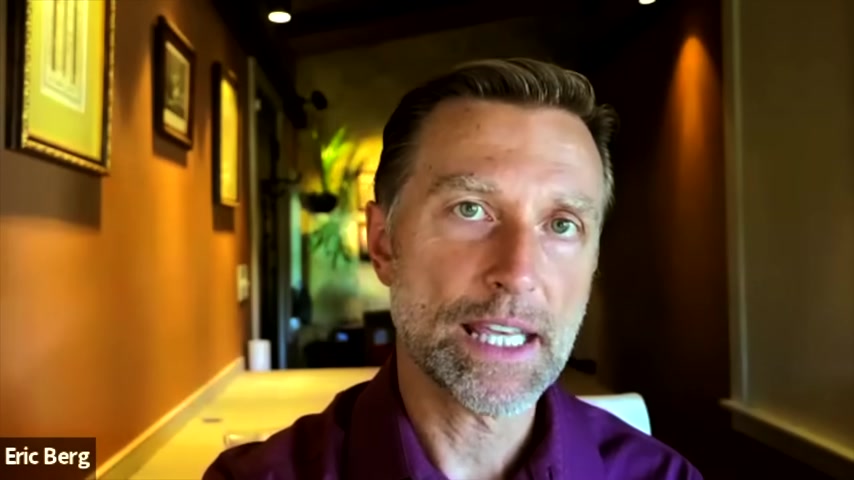
Consume enough foods with vitamin c because the more antioxidants you have in your skin , the more you're gonna protect against this damage from UV radiation , not just UVB , but the other types of ultraviolet radiation .
So vitamin C is essential .
Okay ?
Vitamin E is really key , and there are certain vitamins that you don't wanna let yourself become deficient to help you repair all the DNA damage that can occur from various things , especially UV radiation .
In fact , if you're deficient in the following micronutrients , that alone can leave you very vulnerable to getting DNA damage , not only from the UV radiation , but from other things as well .
So , folate , okay , folate , very , very important .
You get that from things like leafy greens .
The next nutrient would be niacin .
Okay ?
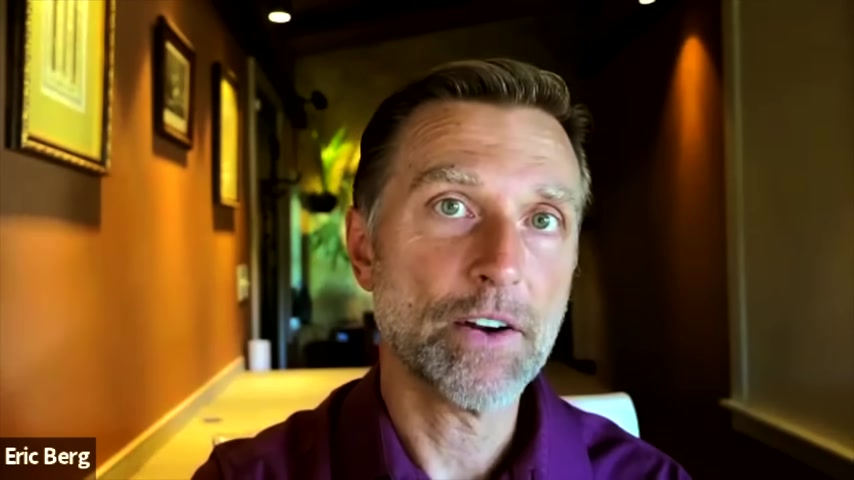
You can get that from pretty much any food .
It's in beef , it's in animal protein , it's in vegetables , it's in nuts , it's in a lot of different places .
Magnesium .
K .
Very , very important for protection and repair against DNA damage .
You get magnesium from leafy greens .
It's in the chlorophyll .
Now also when you do fasting , you can increase your own antioxidants and that will protect your skin as well .
And also being on a low carb diet , very , very important .
Now there's also a very good sunblock that you can use if you're gonna be out in the sun a lot .
It's a do it yourself , homemade , sunblocker .
Use coconut oil , a fourth of a cup .
Okay ?
Olive oil , a fourth of a cup .
Sesame seed oil , a fourth of a cup .
And zinc oxide , the non nano version , 2 tablespoons .
And by the way , sesame seed oil alone can block UV radiation by 30% .
Coconut oil and olive oil can block it by 20% .
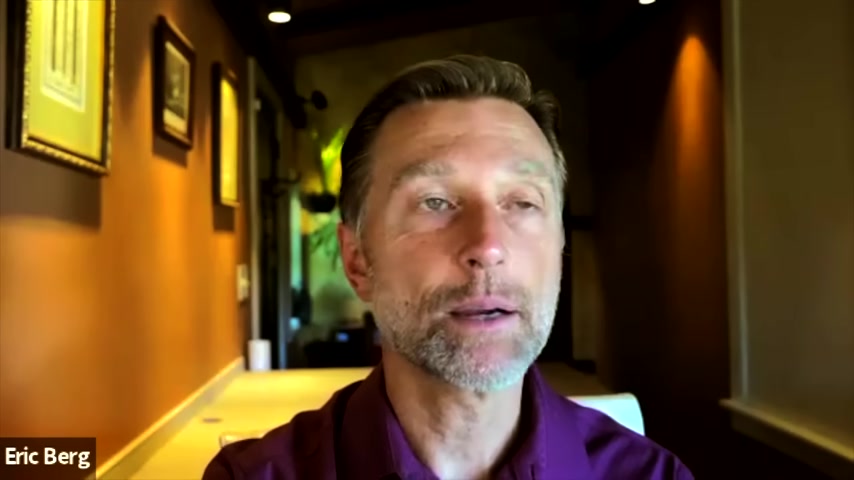
And so you make this combination with everything , you mix it up , and you apply it to your skin .
It's so much better than the commercial versions because of all the additional chemicals they use .
Now one last really important point .
Okay ?
UV radiation is countered by infrared radiation .
Okay ?
And they both come from the same thing , the sun .
And so when you're getting the sun , you're also getting infrared , but you're probably gonna get a better ratio of more infrared versus UV if you get sun exposure earlier in the day and later in the day versus the peak , like noon , where the sun is at its peak and you're gonna get the most UV radiation .
But a sunrise and a sunset , you're getting infrared , it's going right through your clothing , it goes deep and it penetrates in your body , and it makes melatonin , which is different than your melatonin in your pineal gland .

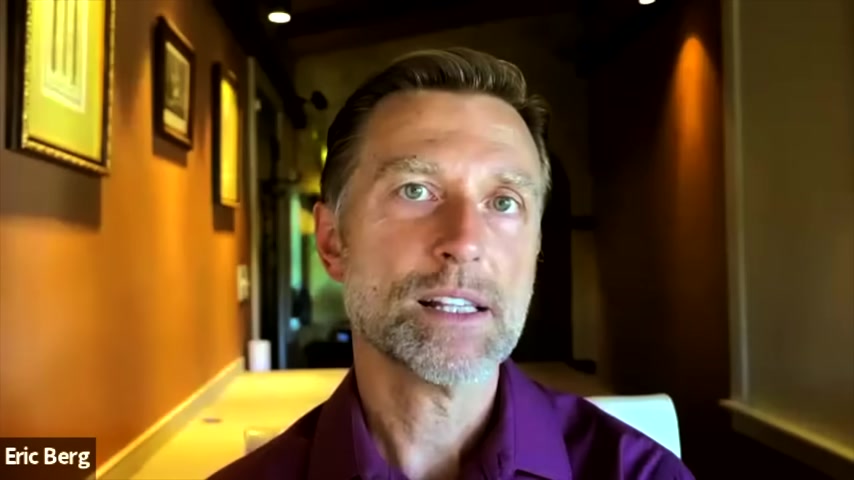
It's sub cellular , okay ?
It's in other places , and it's stimulated by infrared , which is quite fascinating because you also make melatonin with darkness .
Okay ?
So by being exposed to the sun , you can make this melatonin , which is the most powerful antioxidant that can protect you against this harmful UV .
So even though your risk for , skin cancer goes up by 2 x by getting sunburn .
If you get your sun exposure without the burn , you decrease the risk of getting skin cancer .
And the next most important video you should watch would be the one on that very topic , Malatangan , check it out .
Are you looking for a way to reach a wider audience and get more views on your videos?
Our innovative video to text transcribing service can help you do just that.
We provide accurate transcriptions of your videos along with visual content that will help you attract new viewers and keep them engaged. Plus, our data analytics and ad campaign tools can help you monetize your content and maximize your revenue.
Let's partner up and take your video content to the next level!
Contact us today to learn more.